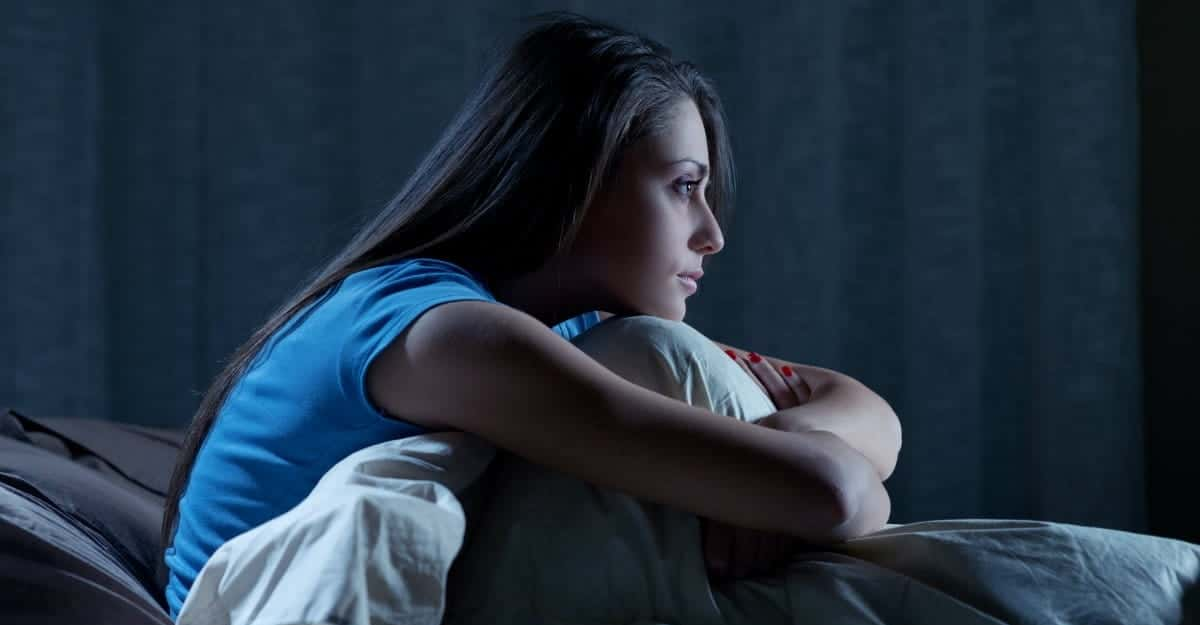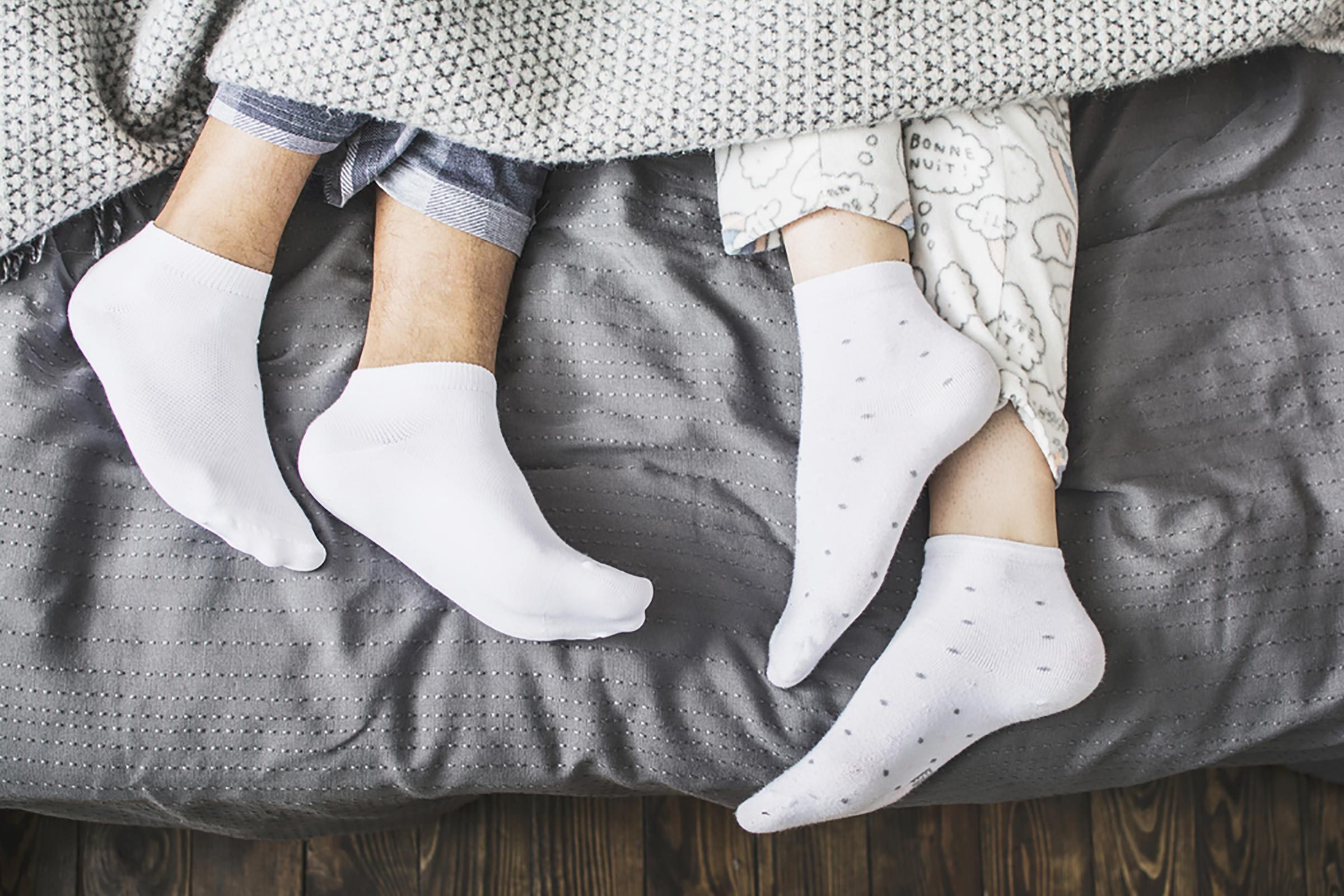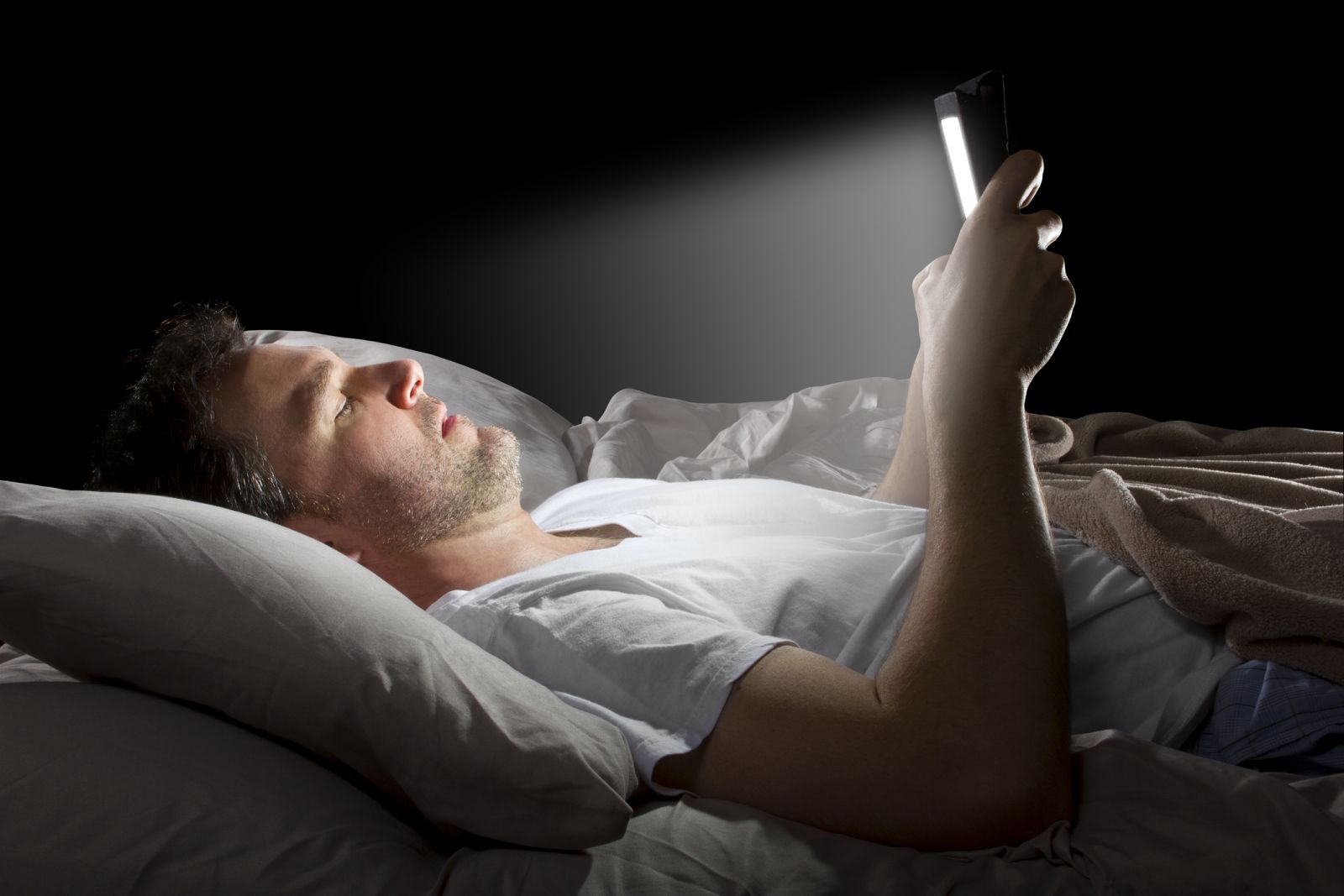Do you have a hard time falling asleep? Don't worry, you're not alone—according to the American Sleep Association, as many as 70 million US adults suffer from a sleep disorder, with insomnia being the most common. While many individuals only experience a mild version of it, there are others who deal with a much more severe case.
Chronic insomnia is not good for your long term health. Among the many side effects are a risk of depression, increased blood pressure, fatigue, lower concentration, poor memory, mood shifts, and decreased work performance. If counting sheep hasn't been working for you, try the following science-backed tips for falling asleep faster.
Don't forget to check the comment section below the article for more interesting stories!
#1 Lower The Temp
A common cause of restlessness at night is elevated temperatures. In order to fall asleep, our bodies need to cool down, and it's harder for them to do that when we feel hot, says Harvard Medical School. To help your body speed up its natural cool down, you can try to cool your bedroom or take a hot shower before you go to bed.
The National Sleep Foundation recommends a room temperature between 60 to 67 degrees Fahrenheit for the best sleep. Ideally, the temperature should be kept consistent, so instead of using fans or keeping a window open, just simply adjust your thermostat. Additionally, several studies have shown that warming your body, say, with a hot shower, before bedtime will help induce sleep as long as there's enough time to cool off afterward.
#2 Keep The Socks On
It may seem uncomfortable, but wearing your socks at night may actually help you doze off much faster. For many people, cold feet may be the reason for their restlessness. According to Healthline, having cold feet can constrict your blood vessels, making it harder for blood to circulate and reach the most important areas of your body.
By keeping the socks on at night, you can improve your body's circulation, which in effect cools your core body temperature. It can also keep your heels moisturized, preventing them from drying and cracking. Just make sure you don't wear socks that are too tight or are intended for compression, as they will divert the blood flow away from the feet when lying down.
#3 Use Lavender Scents
Before you go to your doctor and ask for sleeping pills, try lavender first! Several reports have shown that the scent of lavender can have sedative effects to help you catch those Zs sooner. According to one study in the Journal of Alternative and Complementary Medicine, the use of inhaled lavender combined with proper sleep hygiene (that is, behaviors that one can adapt to promote good sleep) helped to improve the sleep quality for college students with sleep issues.
A lavender aromatherapy diffuser should suffice, but if you wanted to take it a step further, you could also try using lavender oil. You can apply two to three drops of lavender oil on your hands, then massage it gently into the back of our neck, chest, wrist, and temples. Doing this can induce sleep, slow your heartbeat, and relieve stress and anxiety.
#4 Avoid Blue Light
There's a reason why our cellphones have a "Night Mode." According to Harvard Health, blue wavelengths of light, which come from artificial lighting like LEDs, can throw off the body's circadian rhythm, or biological clock. While blue light is beneficial for things like reaction time and mood during the daytime, it can really affect sleep patterns at night. There may even be a link to blue light exposure and some major diseases like cancer, heart disease, diabetes, and obesity.
Our bodies respond to darkness by upregulating the production of melatonin, a sleep hormone that helps to cool the body down in preparation for sleep. A study in the Journal of Clinical Endocrinology & Metabolism showed that exposure to blue light in the night time caused melatonin production to be suppressed by as much as 85 percent. Needless to say, if your cellphone or other electronic devices have a "Night Mode," make sure to use it; otherwise simply avoid using artificial lights before bed.
#5 Apply Acupressure
Acupressure is a practice of self-massage on the same points of the body that are also targeted in acupuncture. However, instead of using needles, a slight pressure is applied to those points instead. There are several in-depth guides online that you can follow to learn more about acupressure, but you can always try these pressure points to start: behind the ear, the wrist, the balls of your feet, and just above the toes. Happy sleeping!







